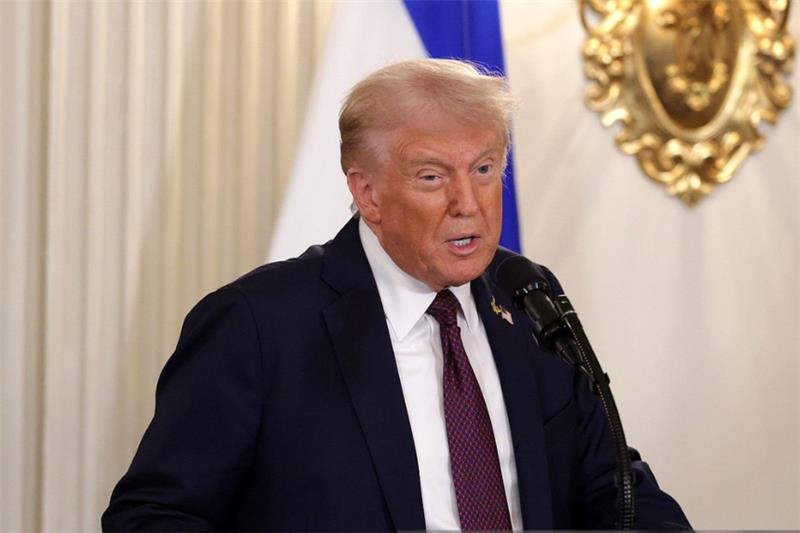US President Donald Trump has once again threatened to impose a 100% film tariff on all films produced in the United States. Speaking at an event recently, Trump claimed that the American film industry, especially in California, has been “stolen” abroad and is in a rapid decline. He argues that applying these tariffs will revive Hollywood, and they will know what they have described as long-standing and growing problems.
The proposal follows a series of new tariffs on other areas, including pharmaceuticals and home upholstery. Trump said that foreign-made films weaken American creativity and job development. He did not provide a timeline for implementation or provide any details on how to affect streaming platforms.
Why Is Trump Targeting Foreign-Made Films?
Trump’s focus on movie tariffs stems from his belief that international markets have gained an unfair advantage in the entertainment sector. He claims that U.S. studios are being forced to film abroad due to lower production costs and government incentives offered by countries like Canada, the UK, and Australia.
California, a major center of U.S. filmmaking, has reportedly seen a sharp decline in production. Trump blames weak local governance for failing to protect domestic film jobs and promises that the tariff would correct this imbalance. Here is the link to our article on Hollywood Trade Tariffs.
How Would the Tariffs Affect the Film Industry?
A 100% tariff on foreign-made films could significantly alter global production dynamics. Studios that currently shoot in countries with favorable tax credits would face higher distribution costs in the U.S. This would include major releases filmed outside the country, even if financed by U.S. companies.
Industry experts warn that such movie tariffs might discourage international collaboration. Independent producers and streaming services could reduce their acquisition of foreign content, leading to fewer global titles available to American audiences. This could also drive up costs for consumers if studios pass expenses down the line.
What Are the Economic and Political Reactions?
The proposal has sparked strong reactions from international partners and industry leaders. The Canadian Chamber of Commerce expressed concern, noting that many U.S. films rely on Canadian crews and production facilities. They argue the tariffs could increase costs, limit investment, and damage shared economic growth.
Some investment analysts questioned the practicality of the measure. They note that defining what counts as a foreign-made film could be difficult. For example, a movie filmed in the U.S. but funded or directed internationally may still be subject to tariffs under Trump’s vague criteria. Here is the link to our article on Series Ends Film.
What Does This Mean for Global Film Trade?
Imposing such high movie tariffs could trigger retaliatory actions from other nations. Countries that host major film productions might respond with their own trade restrictions, potentially harming American studios that rely on global distribution.
The move also raises questions about future co-productions and multinational film projects. If U.S. studios are forced to keep production entirely domestic, they may lose out on creative partnerships, tax advantages, and location-specific storytelling.
Final Thoughts
Trump’s push for 100% movie tariffs reflects his comprehensive economic trend that focuses on rebuilding production and protecting domestic industries. With the aim of promoting the American film sector, the proposal carries significant risks for international cooperation and may reduce diversity in materials available to American audiences. As more information emerges, industry leaders and global partners will closely monitor how this policy develops and what it means for the future of entertainment.








